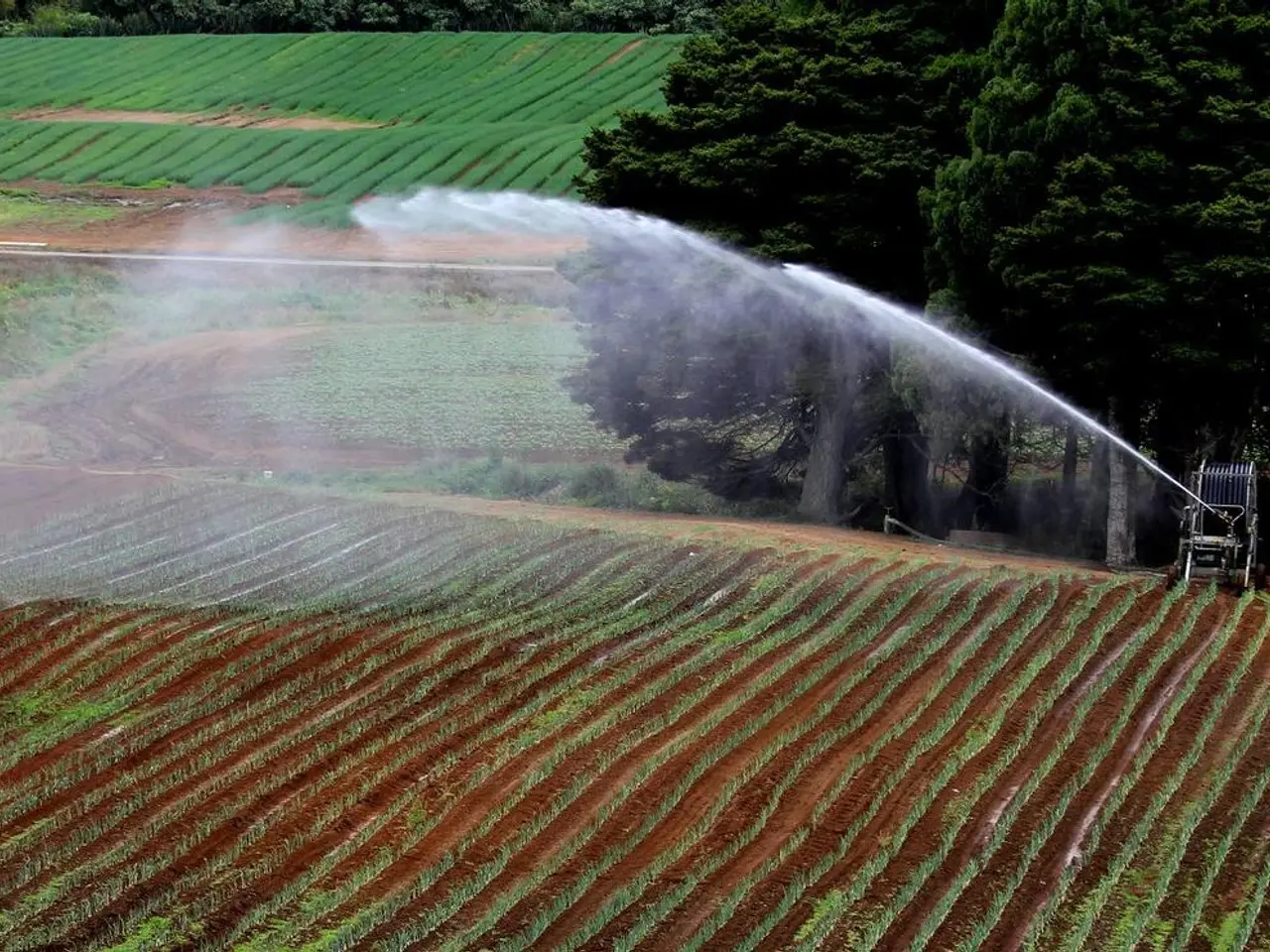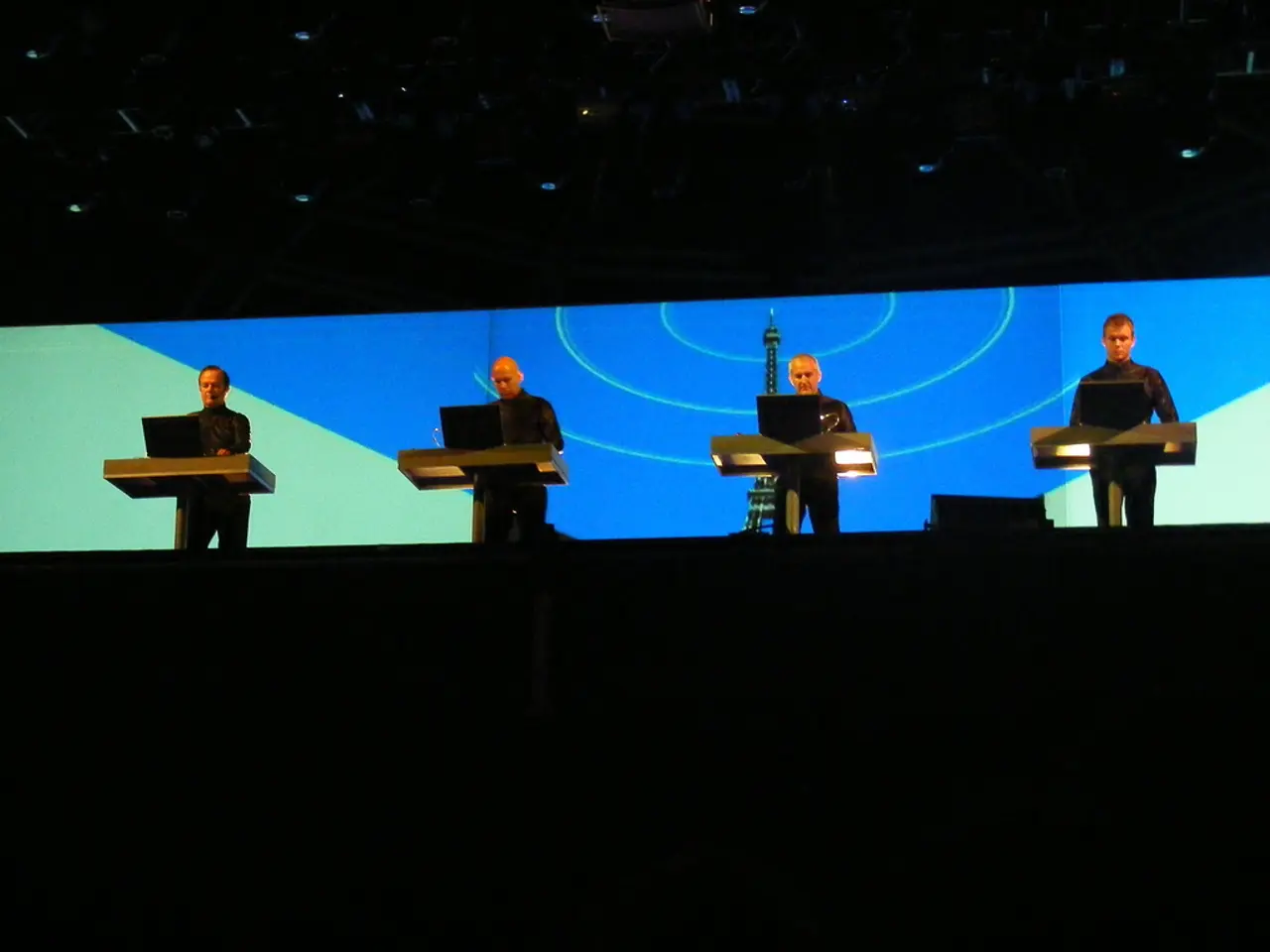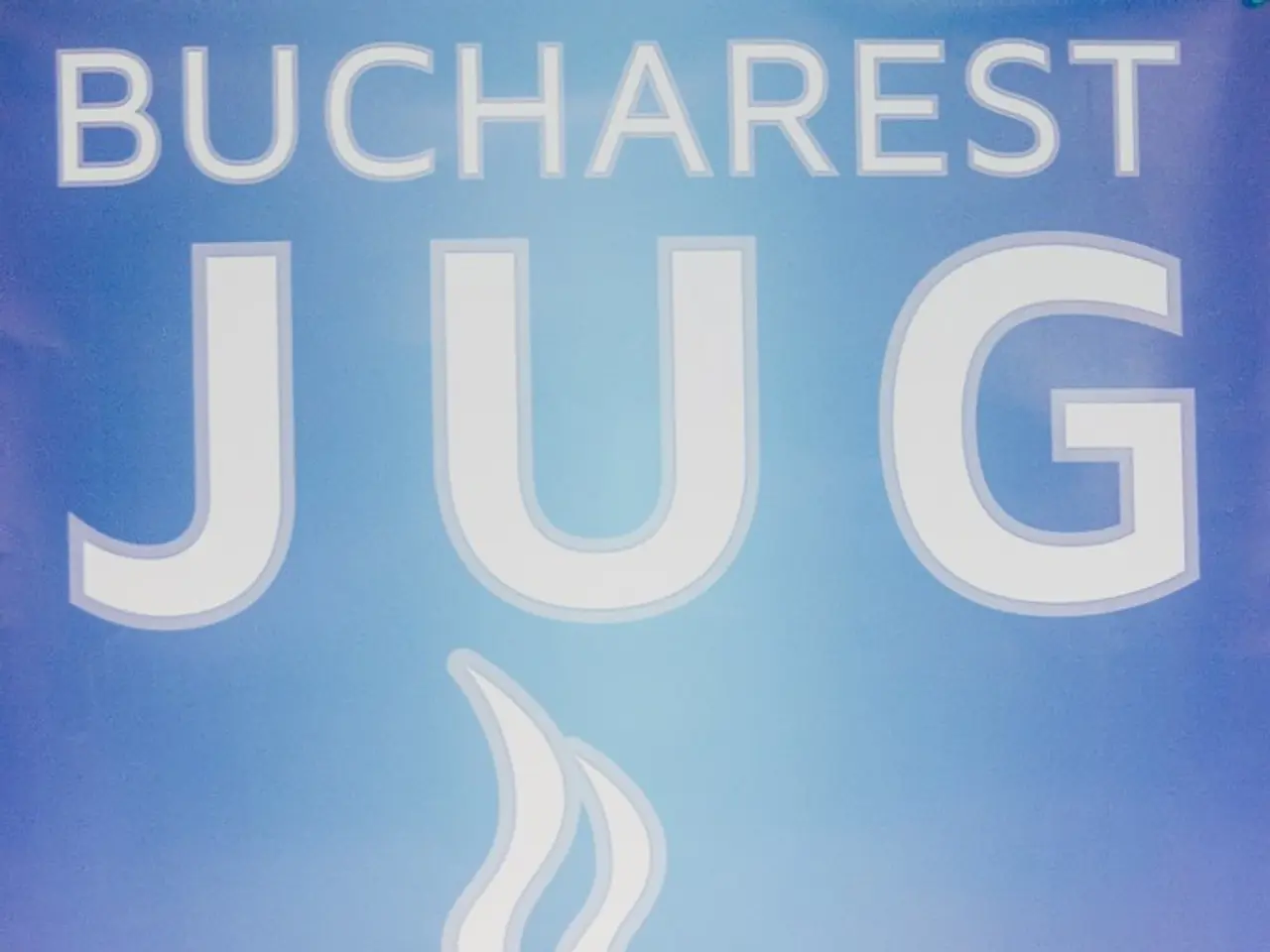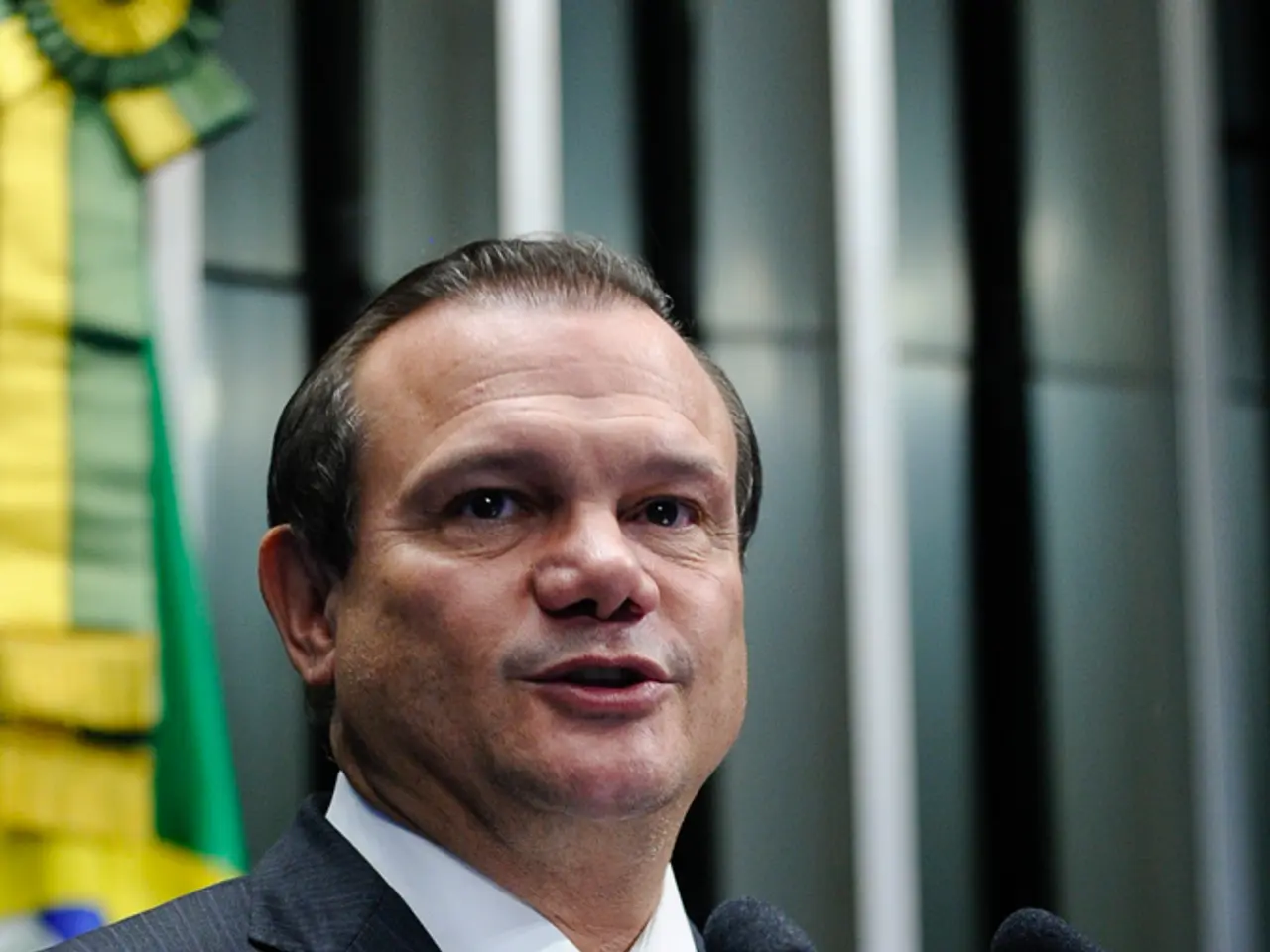Dutch Government Collapses Over Disagreement on Stricter Immigration Policies
In a surprising turn of events, the Dutch government has resigned due to irreconcilable differences over immigration policy, with the Dutch Party for Freedom (PVV) leaving the ruling coalition. The departure of the PVV, led by Geert Wilders, marks a significant moment in Dutch politics, leading to early general elections on 29 October 2025.
The PVV, which became the largest party in the 2023 election with 23-38% of the vote, had entered a coalition with the People's Party for Freedom and Democracy (VVD), the New Social Contract, and the Farmers'-Civilian Movement, forming the Schoof cabinet in July 2024. However, disagreements over immigration policy have led to the coalition's collapse.
Wilders, known for his hardline stance on immigration, criticized coalition partners for moving too slowly on cracking down on migration. He proposed sweeping asylum laws aiming to partly criminalize helping undocumented migrants, shorten residency permits, restrict family reunification, and impose a dual status system on asylum seekers. These proposals have intensified tensions within the coalition and opposition.
Wilders' active involvement in protests opposing asylum seeker centers and encouraging municipalities to defy the Dispersal Act has also drawn criticism from local officials for interfering in local governance and fomenting division.
The PVV's withdrawal from the coalition has raised concerns about political instability in the Netherlands amid pressing national and international challenges. Prime Minister Dick Schoof has expressed his concerns, stating that the coalition's collapse could exacerbate these challenges.
Notably, the coalition did not include any left-wing parties. Wilders' proposals, including closing borders to asylum seekers, temporarily halting family reunification, and returning asylum seekers to Syria, contradict the general EU immigration policy. It was intended that the Netherlands would seek permission from the EC to opt out of it.
As the country gears up for the October election, the Labour Party and GroenLinks have decided to merge, aiming to consolidate opposition to far-right policies. The developments suggest difficult policy negotiations and potential further political fragmentation in the upcoming electoral campaign.
This news article is based on the following sources: [1], [2], [4]
References:
[1] NPR. (2025, July 1). Dutch Government Collapses Over Immigration Policy Disagreements. NPR. https://www.npr.org/2025/07/01/1228273771/dutch-government-collapses-over-immigration-policy-disagreements
[2] The Guardian. (2025, June 30). Geert Wilders' Dutch Party for Freedom Leaves Coalition Over Immigration Policy. The Guardian. https://www.theguardian.com/world/2025/jun/30/geert-wilders-dutch-party-for-freedom-leaves-coalition-over-immigration-policy
[4] BBC News. (2025, July 1). Dutch Government Resigns Over Immigration Policy Disagreements. BBC News. https://www.bbc.com/news/world-europe-62687181
- The withdrawal of the Dutch Party for Freedom from the ruling coalition, led by Geert Wilders, has ignited a contentious debate about immigration policy-and-legislation in Dutch politics, as well as in the broader context of general news.
- The departure of the Dutch Party for Freedom has created a political vacuum ahead of the upcoming general elections on 29 October 2025, highlighting the significance of immigration policy in this period of critical political transition.








